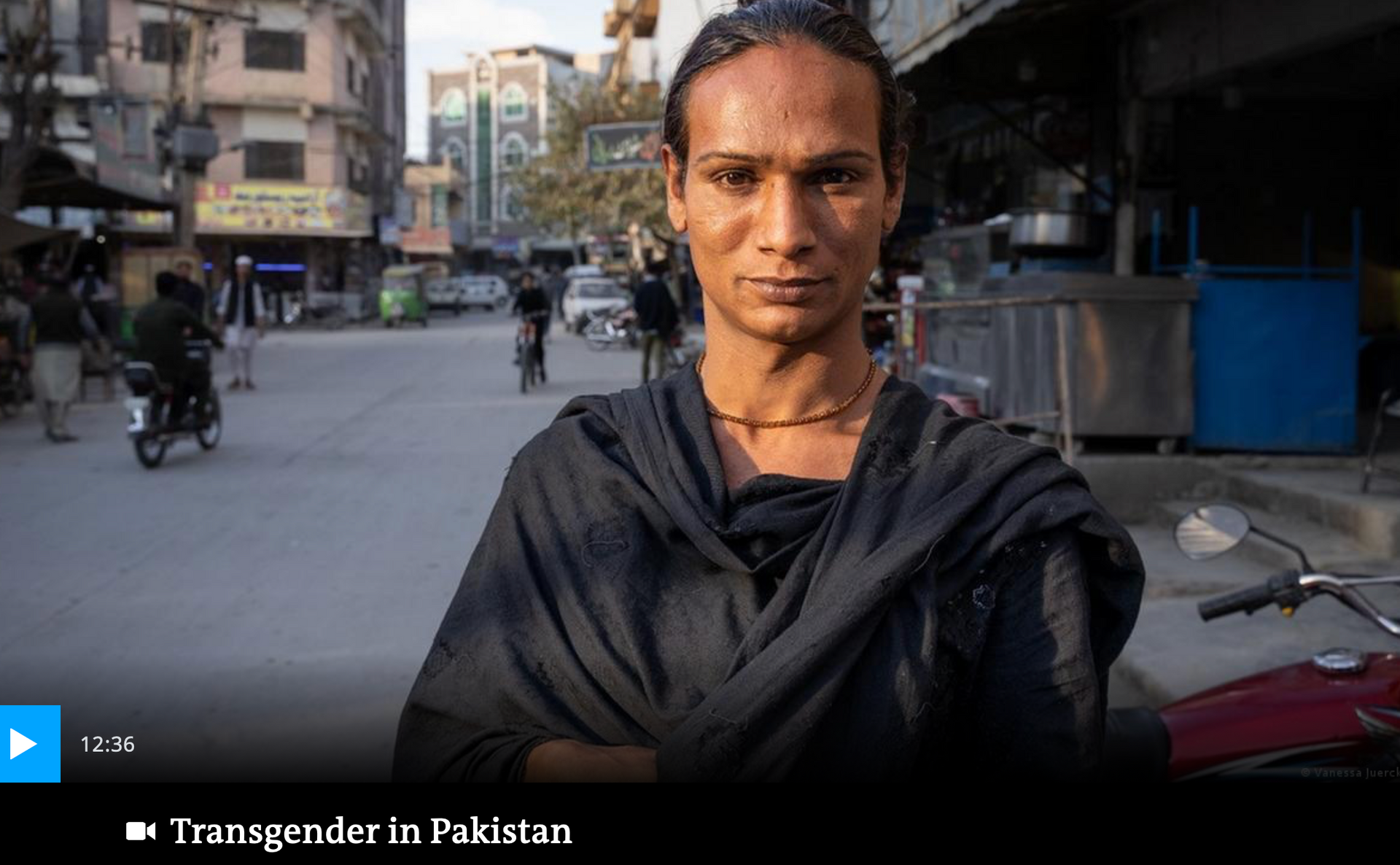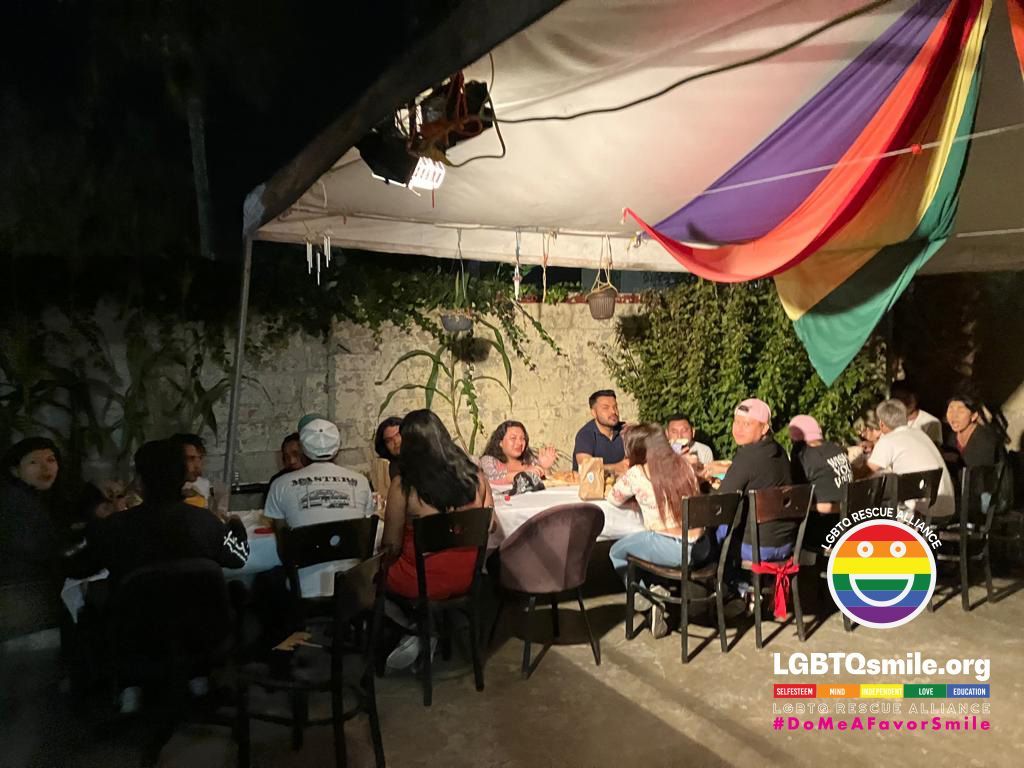LGBTQ December News
Mizani Apps • May 24, 2023
Gratitude, Progress, and Shared Triumphs - A Heartfelt Year-End Update from LGBTQ+ Rescue Alliance
What did the Sharia court decide?

Transgender activists in Pakistan plan to appeal to the highest court against an Islamic court that overturned the country's 2018 laws protecting transgender rights such as legal gender recognition.
Transgender activists in Pakistan said on Saturday they plan to launch a Supreme Court challenge against a ruling by Pakistan's religious judiciary, which deemed various transgender legal protections un-Islamic and therefore void.
On Friday, the Federal Shariat Court — which determines whether laws accord to Islam — struck down three sections of a 2018 act hailed for providing landmark rights to the transgender community.
The Transgender Persons (Protection of Rights) Act was passed by Parliament in 2018 to secure the rights of transgender Pakistanis. It ensures their access to legal gender recognition, among other rights.
The 2018 rules were strikingly moderate for the Islamic country, considering that Pakistan also does not recognize same-sex marriage and outlaws sex between men with the possibility of prison terms, among other restrictions.
What did the Sharia court decide?
The Federal Shariat Court struck down several provisions of the landmark law, terming them "un-Islamic." It ruled that a person cannot change their gender on the basis of "innermost feeling" or "self-perceived identity" and must conform to the biological sex assigned to them at birth.
It rejected a clause in the law in which the country's national database and registration authority permits the change of a person's biological gender from the one they were assigned at birth in identification documents including drivers' licenses and passports.
The court also ruled that the term "transgender" as it is used in the law creates confusion. It covers several biological variations, including intersex, transgender men, transgender women and Khawaja Sira, a Pakistani term commonly used for those who were born male but identify as female.
The judges said a section of the 2018 act outlawing transgender discrimination risks "the right to privacy of females in our society".
"This law will pave the way for criminals in society to easily commit crimes like sexual molestation, sexual assault and even rape against females," the finding said.
However, the court said Islamic law recognizes the existence of intersex people and eunuchs and said they should be entitled to all the fundamental rights provided to Pakistanis in the constitution.












